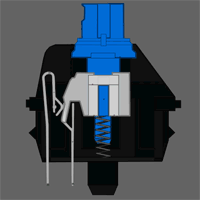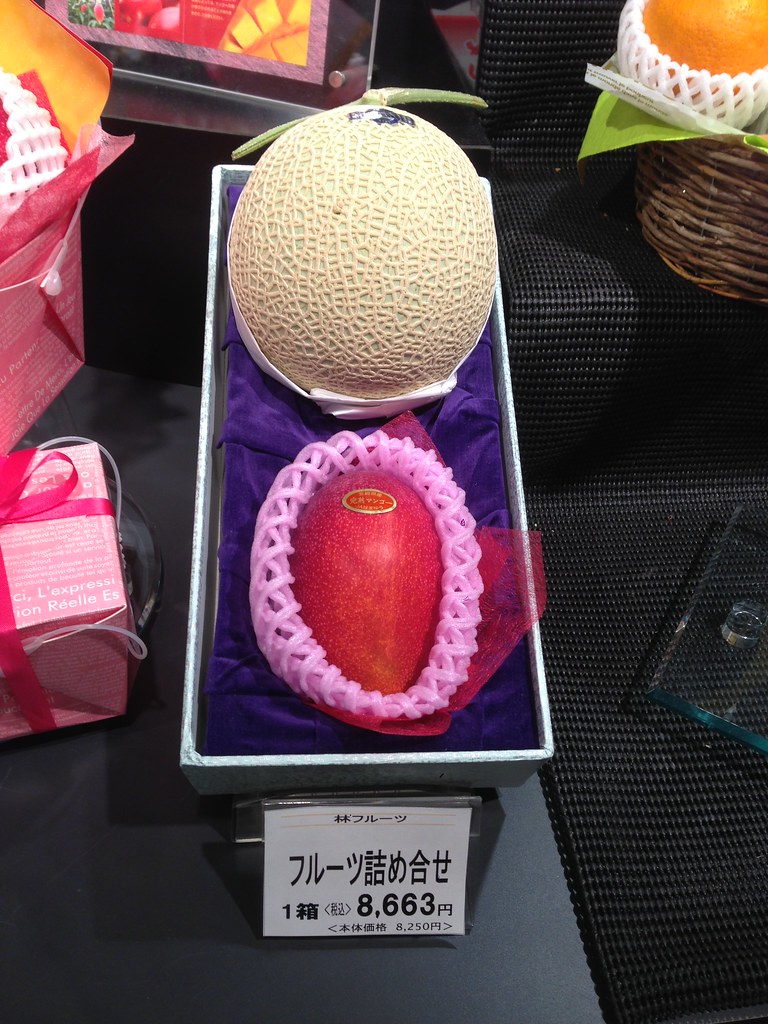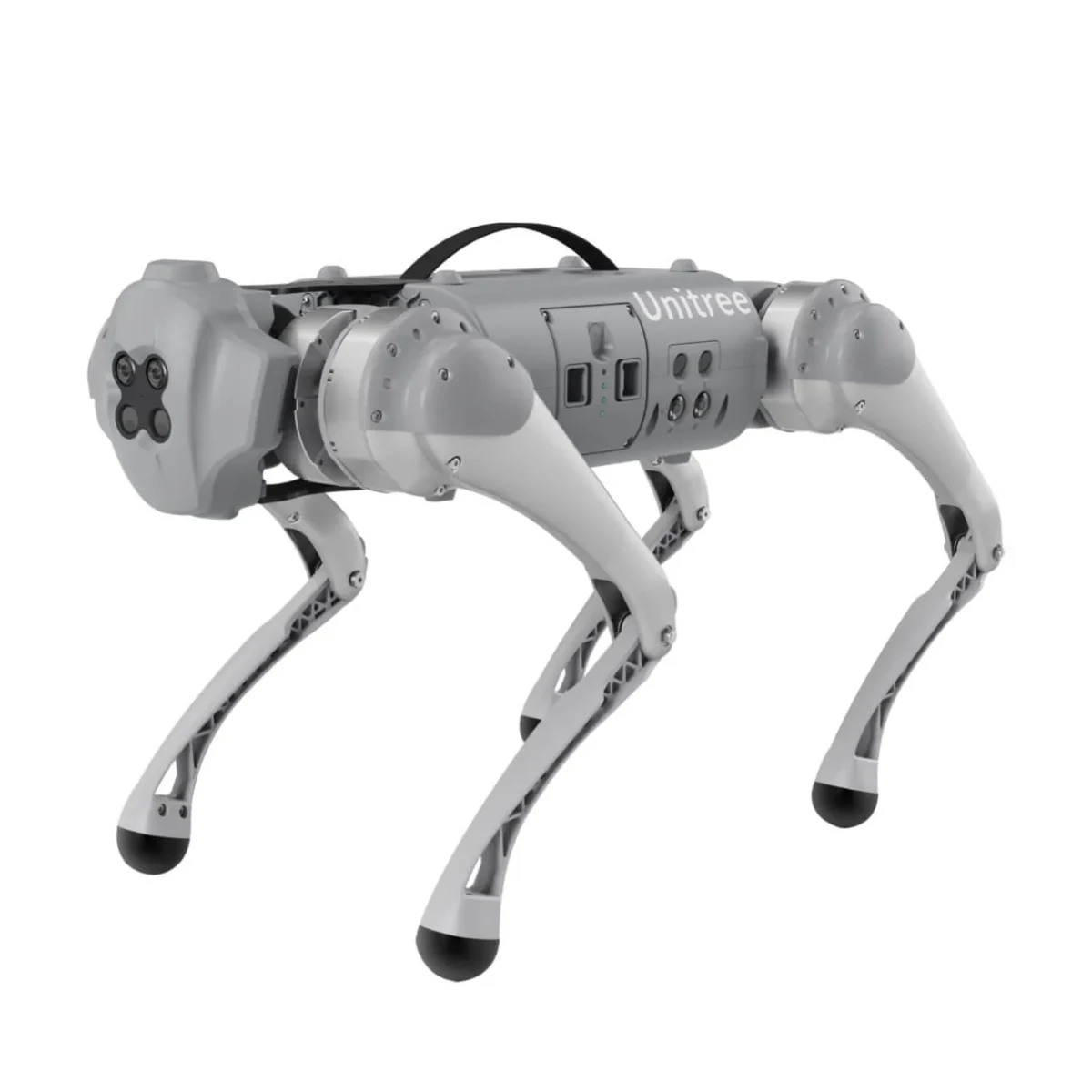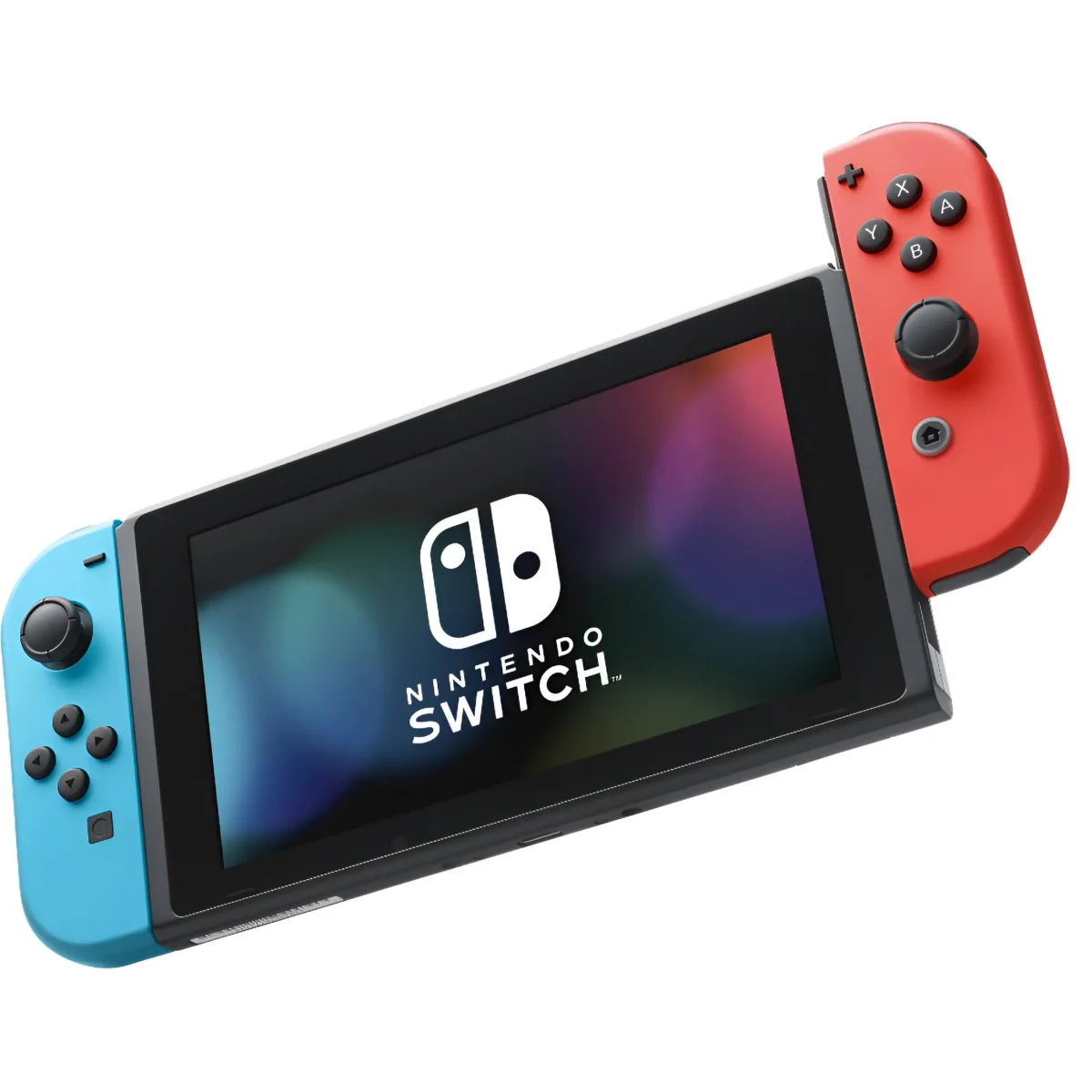How Keyboards Work (and mechanical ones too)

Cross section of a keyboard
Keyboards are an essential part of the modern world’s daily lives, especially in the midst of a pandemic, where almost everything has been done virtually. Even this article was written using a keyboard, but how do they work exactly?
Membrane Keyboard
A membrane keyboard is a standard, generic keyboard used in most laptops and office keyboards today. The “membrane” in a membrane keyboard’s name refers to a thin plastic sheet between the top layer of a key and the keyboard basin. At the bottom of this membrane, a small amount of electrically conductive ink is put on the bottom. The idea is that when you press a key, the individual key detects that you have pressed it by completing a circuit and gives an input to the computer.
This design became popular because the design was simple and cheap to manufacture, was durable, and was more resistant to water, food, dirt, and other objects that may sometimes clog a keyboard.
Mechanical Keyboard
A mechanical keyboard is a keyboard rather than having the key itself be the switch, has a hard plastic switch underneath the keycap itself. Due to this mechanic, mechanical keyboards are generally bulkier and costlier to fabricate than membrane ones but are more accurate, responsive, and more reliable. These keyboards are usually sold in 3 varieties: clicky, linear, and tactile. The clicky variant adds a small plastic tab so that when you push down a switch, it flicks the tab giving it a “click” noise. Tactile keyboards have a small bump in between the switch and the keycap, giving it a distinct feeling when a key is pushed. The linear keyboard has nothing in the way of a switch, such that it gives a smooth feeling until the key reaches its basin, hence “linear.”
This keyboard is less common than membrane keyboards, rarely seen in laptops, but is marketed frequently as “gaming” keyboards and sometimes seen with lights underneath the keys. This is because since mechanical keyboards are more responsive than the membrane variant, it is widely seen as the superior alternative to regular ones when it comes to playing games competitively.















